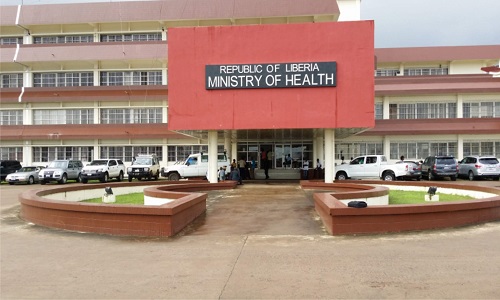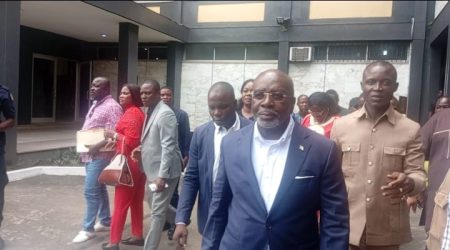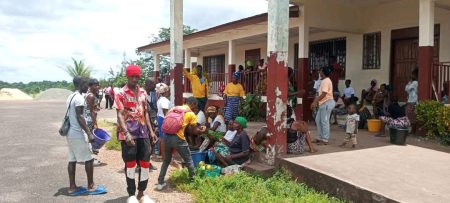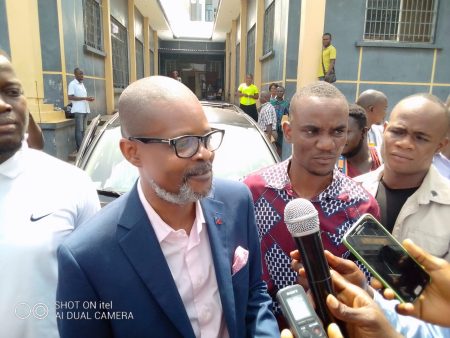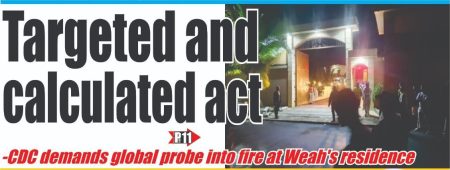The United States’ withdrawal from the World Health Organization (WHO) has triggered significant concerns about the future of critical health programs in developing nations, particularly in Liberia. Liberia’s heavy reliance on US aid for its health sector leaves it vulnerable to such policy shifts. US contributions represent a substantial portion of Liberia’s health budget, and the abrupt cessation of funds threatens to cripple essential services, including malaria prevention, HIV/AIDS treatment, and maternal and child health programs. This dependence on external funding underscores systemic challenges within Liberia’s governance and resource management, necessitating a reevaluation of national priorities and a renewed commitment to self-sufficiency.
Liberia’s healthcare system is significantly underfunded, with the majority of its health budget dedicated to recurrent expenditures, primarily staff salaries. This leaves little room for crucial investments in infrastructure, equipment, and new health initiatives. The US government plays a critical role in funding vital health programs targeting malaria, HIV/AIDS, and maternal and child health, among other areas. These programs provide essential services, including the distribution of mosquito nets, rapid diagnostic tests, and life-saving medications. The withdrawal of US funding jeopardizes access to these vital interventions, potentially leading to a resurgence of preventable diseases and a decline in overall health outcomes. The private sector and traditional medicine play a supplementary role in Liberia’s healthcare landscape, but they are insufficient to fill the gap left by the potential loss of US aid.
The US supports a range of crucial health programs in Liberia. The President’s Malaria Initiative provides resources for prevention and treatment, including insecticide-treated bed nets, rapid diagnostic tests, and access to effective medications. The President’s Emergency Plan for AIDS Relief (PEPFAR) supports HIV/AIDS counseling and testing, treatment for those living with HIV, and care for orphans and vulnerable children affected by the disease. US funding also contributes significantly to maternal, newborn, and child health initiatives, aiming to reduce preventable deaths. These interventions are now at risk due to the funding cuts, potentially reversing years of progress in combating these health challenges. Liberia’s high prevalence of malaria and HIV/AIDS, coupled with past outbreaks of Ebola, yellow fever, cholera, and COVID-19, makes the potential loss of US support particularly concerning.
The impact of the funding cuts will be far-reaching. Interventions reliant on US support, such as the distribution of mosquito nets and malaria medications, are particularly vulnerable. HIV/AIDS programs, including testing, treatment, and support for orphans, will also be severely affected. The cuts threaten to undermine laboratory capacity, limiting access to essential diagnostic tools and hindering the ability to effectively track and respond to disease outbreaks. Furthermore, the funding cuts will not address the underlying issues plaguing Liberia’s health sector, such as the shortage of healthcare professionals, which is primarily driven by low wages and poor working conditions. The withdrawal of US support will exacerbate existing weaknesses and further strain an already fragile system.
Liberia’s continued reliance on US funding reflects a broader challenge of national identity and self-reliance. A prevailing sense of dependence on external aid hinders the development of local capacity and perpetuates a cycle of underdevelopment. The Liberian government must prioritize the well-being of its citizens and invest in strengthening its own healthcare system. This includes addressing systemic issues such as corruption, lack of accountability, and inefficient resource management. Harnessing Liberia’s abundant natural resources and fostering a sense of national pride are crucial steps towards achieving self-sufficiency and ensuring a sustainable future for the country.
To mitigate the impact of the funding cuts, Liberia needs to take decisive action. Allocating emergency funds to bridge the gap and reevaluating national priorities are crucial first steps. Empowering county health departments and strengthening the role of the National Public Health Institute of Liberia in coordinating health initiatives can improve the efficiency and effectiveness of disease prevention and control efforts. Learning from other countries, such as Nigeria, which has increased its health budget to offset the impact of US aid cuts, can provide valuable lessons. Ultimately, Liberia must shift its focus from dependence on external aid to building a robust and self-sufficient healthcare system capable of meeting the needs of its citizens. This requires long-term investment, strategic planning, and a commitment to prioritizing the health and well-being of the Liberian people.





